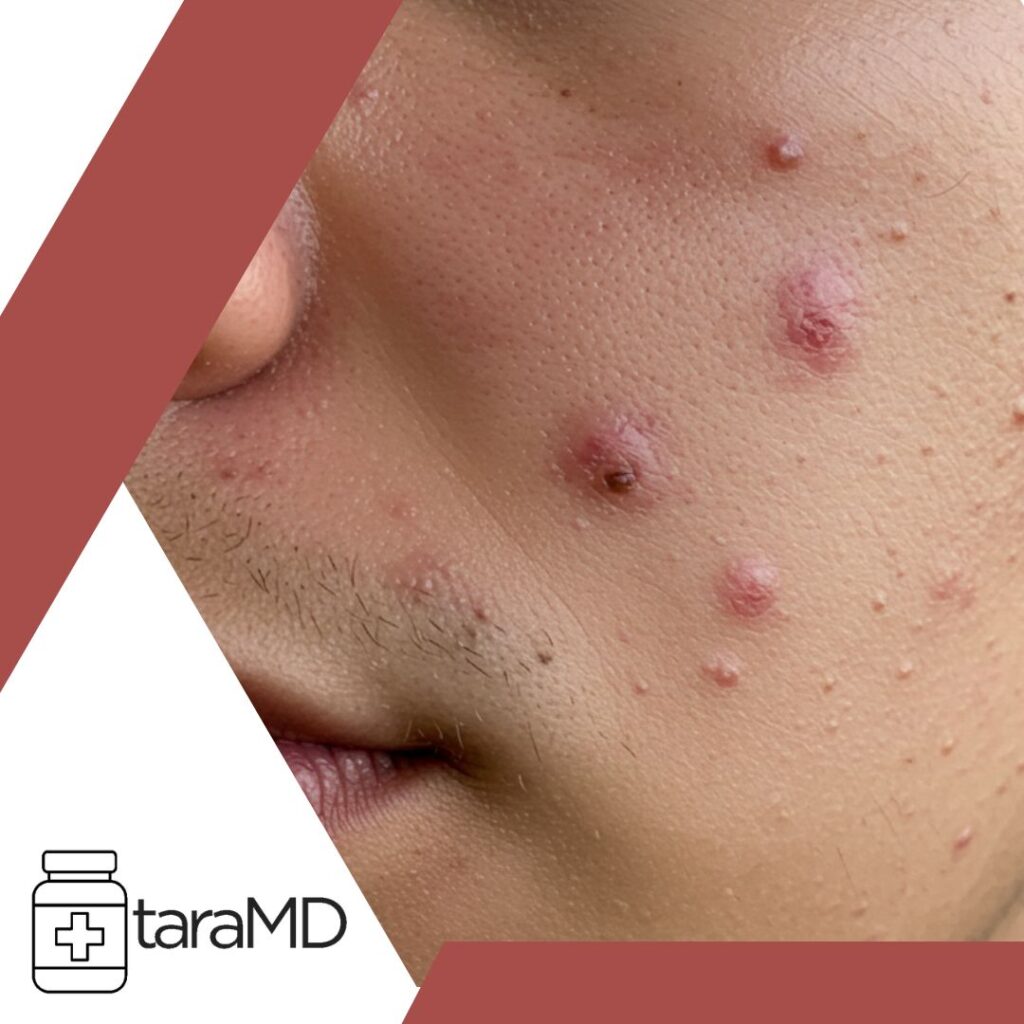For millions of people worldwide, acne is more than just an occasional breakout—it can be a persistent condition that affects self-esteem and overall quality of life. From teenagers experiencing hormonal changes to adults dealing with stress or genetics, acne does not discriminate. The good news? Advances in dermatology and skincare mean there are now proven treatment options that truly work. Understanding these solutions can help you make informed decisions about your skin health.
Over-the-Counter Treatments
For mild acne, over-the-counter (OTC) products are often the first line of defense. Ingredients such as benzoyl peroxide help kill acne-causing bacteria, while salicylic acid unclogs pores by exfoliating dead skin cells. These treatments can reduce blackheads, whiteheads, and small pimples when used consistently. However, OTC solutions may not be enough for moderate to severe acne, making professional care essential.
Prescription Medications
When acne becomes resistant to drugstore products, dermatologists often recommend prescription treatments. Topical retinoids, derived from vitamin A, speed up cell turnover and prevent clogged pores, while oral antibiotics can reduce inflammation and bacterial growth. In cases of hormonal acne, birth control pills or anti-androgen medications are sometimes prescribed. For the most stubborn cases, isotretinoin (commonly known as Accutane) can provide dramatic, long-term results under careful medical supervision.
Professional Procedures
For faster and more targeted results, professional treatments can complement daily skincare routines. Chemical peels use acids to exfoliate deeply and improve acne scars, while light and laser therapies reduce bacteria and inflammation. Microneedling, often combined with serums, helps reduce acne scarring by stimulating collagen production. These in-office procedures provide benefits that go beyond what at-home treatments can achieve.
Lifestyle and Skincare Habits
Acne management doesn’t stop with medication or procedures. Daily habits play a major role in keeping skin clear. Washing the face twice a day with a gentle cleanser, avoiding harsh scrubs, and using non-comedogenic (non-pore-clogging) products are essential steps. Diet and stress management may also influence acne, as research suggests that high-sugar foods and stress hormones can worsen breakouts.
Clear Skin Is Possible
Acne can feel overwhelming, but effective treatment is available for every skin type and severity level. From OTC products to prescription medications and professional treatments, the right combination can deliver real, lasting results. If you’ve tried to manage acne on your own without success, consider consulting a dermatologist to create a personalized treatment plan. With expert care and consistent habits, clearer, healthier skin is well within reach.

